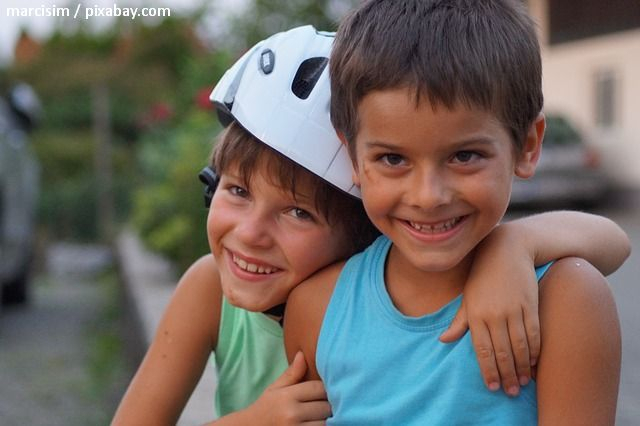About children, on 1st June
The relaxation of the restrictions to fight the Covid pandemic allowed for a large number of events to be held in Romania on World Childrens Day.

Roxana Vasile, 02.06.2021, 13:50
On World Children’s Day, Romania, alongside over 100
states around the globe, celebrated its children on 1st June. Since
2017, when this day became a national holiday in this country, 1st
June has been an even better opportunity to organise family activities and for parents
to spend quality time with their children. So, taking advantage of the
relaxation of pandemic restrictions, both children and adults were able to
enjoy this day more, with some parents even being able to also take the Monday
off and create a mini-holiday.
The activities on offer catered for all tastes and
ages, from outdoor games to theatre performances, exhibitions, concerts, art
workshops, guided tours, sports activities and trips. Children’s Day was also
an opportunity to go to a museum or visit an adventure park or the zoo, despite
the capricious weather. It’s also common in Romania to give children sweets, toys
or colourful balloons on this day as a gift.
But our thoughts should also go to the less privileged
children, with statistics in this respect being truly chilling. According to
the Save the Children organisation, one in two Romanian children suffers from
functional illiteracy or is subjected to some form of physical, emotional or
sexual violence; one in three children is at risk of poverty and social
exclusion; six in 1,000 children die before turning one; 750 girls under the
age of 15 become mums every year; at least 100,000 children live without both
parents or one of them; and Romania’s 78,000 children with disabilities are not
ensured the conditions for socio-educational inclusion, Save the Children warns
in its report.
The organisation calls on Parliament and government to
take urgent concrete measures to address ten major identified problems, including
tackling the poverty of families and communities where some children live,
ensuring fair and quality education to all, combating violence against children
and providing post-pandemic psychological counselling. The report also calls
for special attention to be given to teenage mums and the protection of children
whose parents live and work abroad, to reducing infant mortality, protecting
institutionalised children, integrating children with disabilities or special
needs into the education system and involving children in making decisions that
affect them directly. (CM)






























